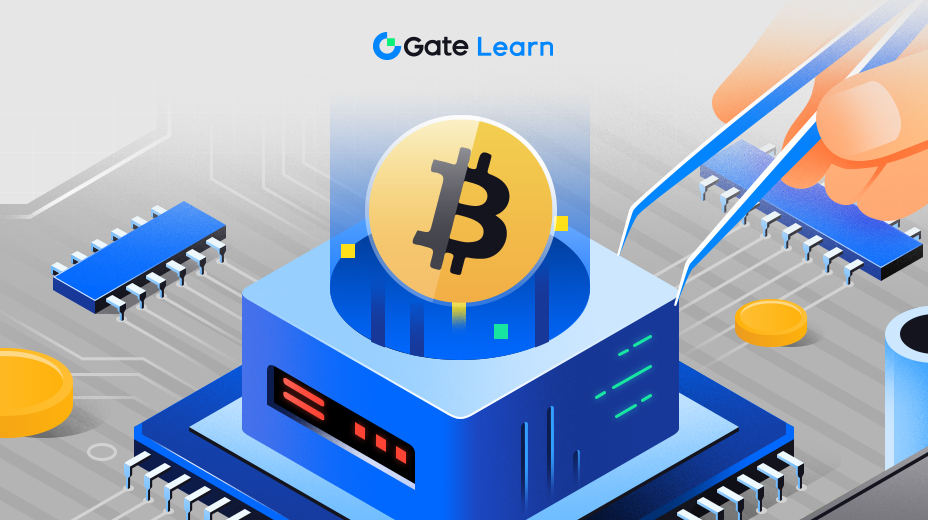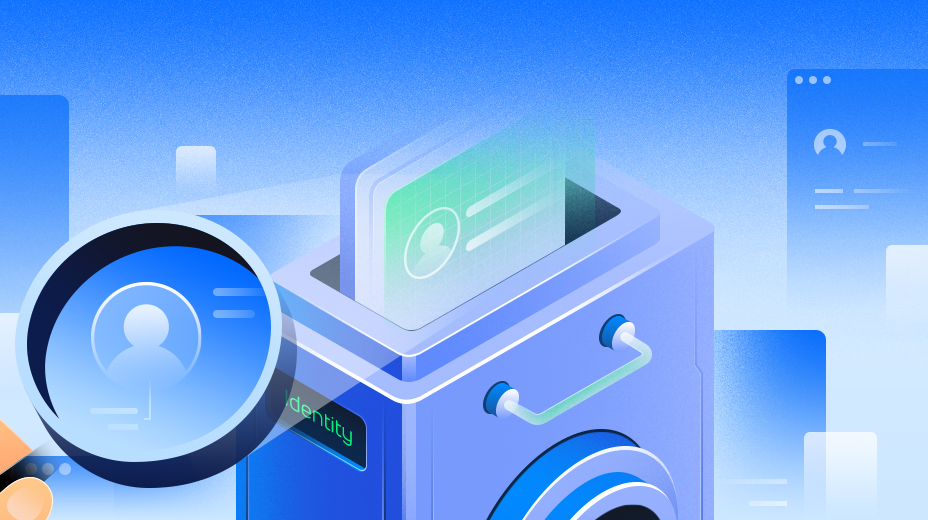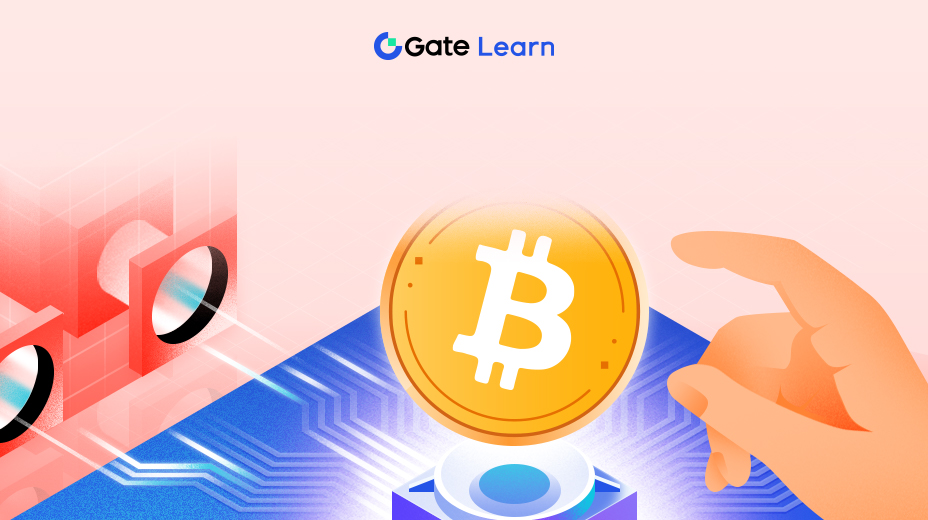Autoclave (CLAVE)
En este módulo, nos sumergiremos en SelfKey (KEY) y su función a la hora de proporcionar soluciones de identidad para el espacio de las finanzas descentralizadas (DeFi) y más allá. Exploraremos cómo SelfKey facilita la verificación de identidad segura, agiliza los procesos de Conozca a su cliente (KYC) y permite una incorporación perfecta a varios protocolos DeFi. Al comprender las ventajas de la identidad descentralizada en el contexto de los servicios financieros, analizaremos el impacto potencial de SelfKey en la privacidad, el cumplimiento y la inclusión financiera del usuario. Al final de este módulo, obtendrá información sobre las contribuciones de SelfKey al ecosistema DeFi y la adopción más amplia de soluciones de identidad descentralizadas.

SelfKey es una plataforma basada en blockchain que proporciona un sistema de identidad soberano. Está diseñado para capacitar a personas y organizaciones para que recuperen la propiedad de sus datos de identidad.
SelfKey Identity Wallet forma el núcleo del sistema SelfKey. Es una solución de identidad gratuita que permite a los usuarios almacenar y administrar de forma segura información privada, como claves secretas para ID y credenciales de SelfKey. La billetera opera localmente, lo que significa que los datos del usuario se almacenan en el dispositivo del usuario, no en los servidores de SelfKey. Esto garantiza que incluso si los servidores de SelfKey son pirateados, los datos del usuario no se verán afectados.
Los ID de SelfKey forman la base de la identidad de un usuario en el sistema SelfKey. Los usuarios pueden guardar fácilmente toda la información necesaria para un proceso KYC en su billetera. Esta identificación se puede utilizar para abrir un negocio en el extranjero a través del Mercado de Incorporaciones.
SelfKey Marketplace brinda acceso a una variedad de servicios con total transparencia en cuanto a los requisitos de documentación, el costo y el tiempo total de procesamiento. Está impulsado por el token KEY, la criptomoneda nativa del ecosistema SelfKey.
Además de Identity Wallet y Marketplace, SelfKey también ofrece una variedad de otros servicios. Estos incluyen la aplicación SelfKey ID, que permite a los usuarios completar su SelfKey ID, y Incorporations Marketplace, que permite a los usuarios iniciar un nuevo negocio, abrir una nueva cuenta bancaria u obtener documentos notariados.
El enfoque de SelfKey para la gestión de identidad soberana se basa en los principios de soberanía y privacidad del usuario. Al proporcionar a los usuarios las herramientas para controlar sus propios datos de identidad, SelfKey les permite recuperar el control de su identidad digital de manos de las grandes tecnologías.
Principales características
Cartera de identidad SelfKey

Esta es una solución de identidad gratuita que permite a los usuarios almacenar y administrar de forma segura su información privada. La billetera opera localmente, lo que significa que los datos del usuario se almacenan en el dispositivo del usuario, no en los servidores de SelfKey. Esto garantiza que incluso si los servidores de SelfKey son pirateados, los datos del usuario no se verán afectados.
Mercado SelfKey

El mercado brinda acceso a una variedad de servicios con total transparencia en cuanto a los requisitos de documentación, el costo y el tiempo total de procesamiento. Está impulsado por el token KEY, la criptomoneda nativa del ecosistema SelfKey.
Aplicaciones descentralizadas
SelfKey ofrece una sólida solución de gestión de identidad descentralizada para su DAPP. Trabaja para mejorar el cumplimiento y al mismo tiempo mantener la privacidad de los usuarios.
Iniciar sesión con SelfKey
Esta función es una alternativa a los servicios centralizados de recopilación de datos como "Iniciar sesión con Facebook". Permite un cómodo consentimiento, intercambio de datos y acceso seguro a plataformas integradas de socios con solo un clic.
Cadena KYC
Esta característica le brinda la capacidad de migrar lentamente a tecnologías futuras, brindándole un puente desde donde está el mundo hoy hasta donde se dirige mañana. Podría ser el último sistema de cumplimiento que tendrá que integrar.
Cumplimiento hoy, con un puente tecnológico hacia el mañana
SelfKey Network permite varias tecnologías que pronto serán demandadas tanto por los reguladores como por los clientes. SelfKey permite compartir los requisitos actuales (como preguntas, documentos y datos) pero también credenciales verificadas: certificaciones criptográficamente ciertas que son legalmente vinculantes y legibles por máquina.
Casos de uso y beneficios de los tokens de identidad de SelfKey
La plataforma se basa en el concepto de tokenización, que es el proceso de convertir datos confidenciales en equivalentes no confidenciales, conocidos como tokens. Este proceso mejora la protección de datos al reducir el riesgo asociado con el almacenamiento o la transmisión de información confidencial.
El protocolo de SelfKey gira en torno a dos tokens: KEY y SELF. KEY es un token de utilidad que sirve como método de intercambio de servicios dentro del protocolo SelfKey. Permite a los usuarios bloquear sus credenciales de forma más segura y permite a los miembros gobernar SelfKey DAO. El token SELF, por otro lado, se utiliza para facilitar el seguimiento de las credenciales bloqueadas de un individuo y su duración. Los tokens SELF sirven como métrica para medir la reputación, fortaleciendo las credenciales legítimas y ayudando a identificar las ilegítimas.
Al bloquear tokens CLAVE en sus credenciales, los usuarios pueden acuñar tokens SELF. Bloquear las credenciales es una forma para que las personas demuestren confianza en la exactitud de sus datos, lo que a su vez aumenta la validez de sus credenciales. Este proceso previene violaciones de datos, robo de identidad e intentos ilegales de bots maliciosos de infiltrarse en cuentas y sistemas privados en línea.
Otro caso de uso de los tokens de identidad de SelfKey es la gobernanza de SelfKey DAO. El token KEY permite a los miembros gobernar SelfKey DAO, proporcionando una forma descentralizada y democrática de gestionar la plataforma. Esto permite a los usuarios tener voz y voto en la dirección y el desarrollo de la plataforma, fomentando un sentido de propiedad y comunidad.
Los tokens de identidad de SelfKey también desempeñan un papel crucial en la medición de la reputación. A medida que los usuarios bloquean credenciales válidas, acumulan reputación en forma de tokens SELF. Este sistema de reputación ayuda a fortalecer las credenciales legítimas e identificar las ilegítimas, mejorando la integridad y seguridad generales de la plataforma.
Los tokens de identidad de SelfKey también brindan a los usuarios una forma de monitorear sus credenciales y reputación bloqueadas. Esta transparencia permite a los usuarios hacerse cargo de su identidad digital y aumentar la protección de la privacidad.
Sus tokens de identidad facilitan el intercambio de servicios dentro del Protocolo SelfKey. El token KEY se puede utilizar como método de intercambio de servicios, lo que permite a los usuarios acceder a diversas funciones y servicios dentro de la plataforma.
Los tokens de identidad de SelfKey desempeñan un papel crucial en el proceso de "minería de identidad" de la plataforma. Este proceso implica que los usuarios bloqueen credenciales válidas para acuñar tokens SELF, lo que a su vez mejora la seguridad de la plataforma. Este enfoque innovador de la seguridad aprovecha el poder de la tecnología blockchain para proporcionar una solución segura y fácil de usar para gestionar identidades digitales.
Reflejos
- Los tokens de identidad de SelfKey, KEY y SELF, forman el núcleo de su sistema de identidad autónomo, mejorando la protección de datos y la privacidad del usuario.
- Los tokens KEY sirven como método de intercambio dentro del protocolo SelfKey, lo que permite a los usuarios acceder a diversos servicios y bloquear de forma segura sus credenciales.
- Los tokens SELF facilitan el seguimiento de las credenciales bloqueadas de un individuo y su duración, y sirven como métrica para medir la reputación dentro de la plataforma.
- Los tokens de identidad de SelfKey desempeñan un papel crucial en la mejora de la seguridad digital, evitando violaciones de datos y robo de identidad al permitir a los usuarios bloquear sus credenciales.
- Los tokens también permiten a los usuarios participar en la gobernanza de SelfKey DAO, fomentando un sentido de propiedad y comunidad dentro de la plataforma.
- A través de un proceso conocido como "minería de identidades", los usuarios pueden bloquear credenciales válidas para acuñar tokens SELF, lo que a su vez mejora la seguridad e integridad generales de la plataforma.





